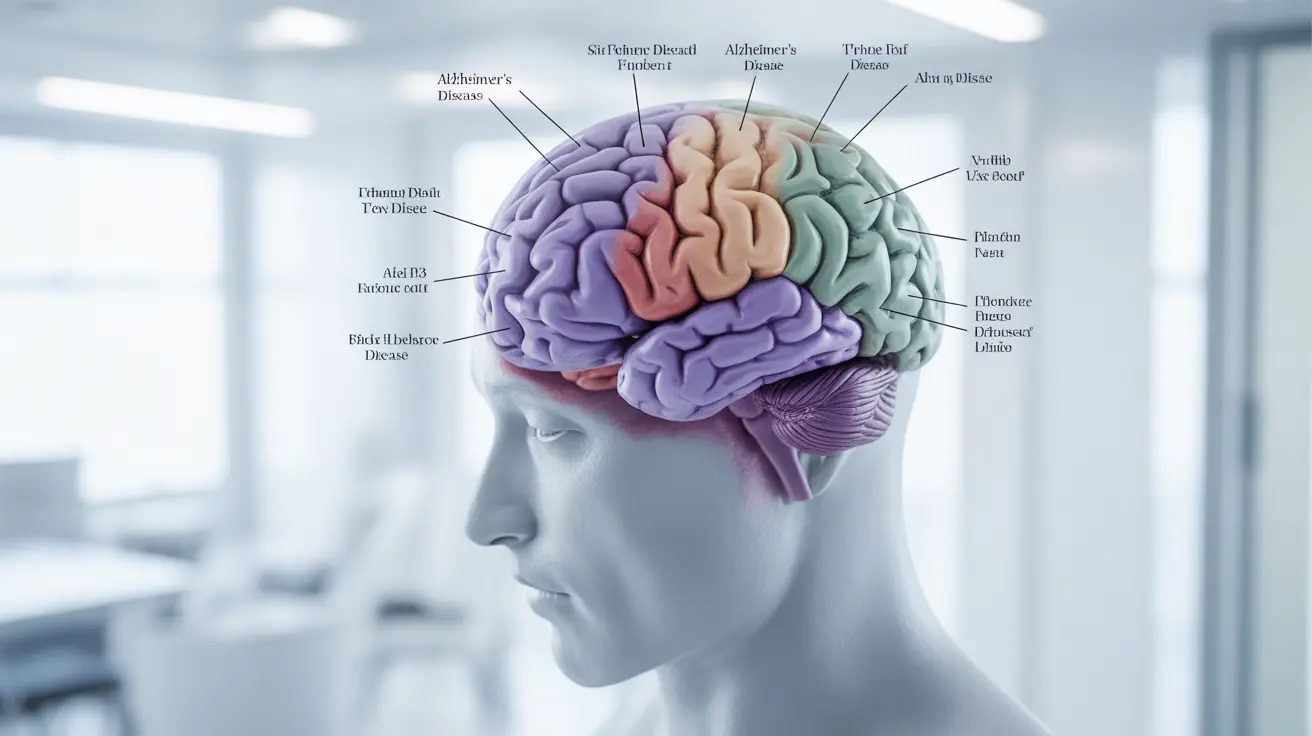Alzheimer's disease is indeed classified as a chronic, progressive neurological condition that affects millions of people worldwide. Understanding its chronic nature is crucial for patients, caregivers, and healthcare providers in managing the disease effectively and planning for long-term care.
This comprehensive guide explores what it means for Alzheimer's to be a chronic condition, its symptoms, diagnosis, treatment options, and ways to potentially reduce risk factors through lifestyle modifications.
The Chronic Nature of Alzheimer's Disease
As a chronic condition, Alzheimer's disease is characterized by its long-term, persistent nature and gradual progression over time. Unlike acute conditions that may resolve with treatment, Alzheimer's requires ongoing management and care as it continues to affect brain function throughout its course.
The chronic progression typically involves increasingly severe symptoms that develop over years or decades, affecting various aspects of cognitive function and daily living activities.
Early Signs and Symptoms
Recognizing early symptoms of Alzheimer's disease is crucial for timely intervention. Key early indicators include:
- Memory loss that disrupts daily life
- Difficulty planning or solving problems
- Challenges completing familiar tasks
- Confusion with time or place
- Problems with visual images and spatial relationships
- New problems with words in speaking or writing
These symptoms differ from normal aging-related memory changes in their severity and impact on daily functioning.
Diagnostic Process and Testing
Diagnosing Alzheimer's disease involves a comprehensive evaluation process that typically includes:
- Detailed medical history review
- Physical and neurological examinations
- Cognitive tests and mental status evaluations
- Brain imaging (MRI, CT scan, or PET scan)
- Laboratory tests to rule out other conditions
Early diagnosis allows for better treatment planning and preparation for future care needs.
Treatment Approaches
While there is no cure for Alzheimer's disease, several treatment options can help manage symptoms and potentially slow progression:
Medication Options
- Cholinesterase inhibitors
- Memantine
- Combination therapy approaches
Non-Medication Interventions
- Cognitive stimulation therapy
- Behavioral interventions
- Occupational therapy
- Support groups and counseling
Risk Reduction Through Lifestyle Changes
Research suggests several lifestyle modifications may help reduce the risk of developing Alzheimer's disease:
- Regular physical exercise
- Mental stimulation and cognitive activities
- Social engagement
- Healthy diet rich in omega-3 fatty acids
- Adequate sleep
- Stress management
- Blood pressure control
- Regular medical check-ups
Frequently Asked Questions
- Is Alzheimer's disease considered a chronic condition and what does that mean?
Yes, Alzheimer's disease is a chronic condition, meaning it is a long-term, progressive disease that requires ongoing management. It gradually affects brain function over time and currently has no cure, though treatments can help manage symptoms.
- What are the common early symptoms of Alzheimer's disease compared to normal aging memory loss?
Early Alzheimer's symptoms include significant memory loss affecting daily activities, difficulty with familiar tasks, and problems with language or judgment. These differ from normal aging, where occasional forgetfulness doesn't typically interfere with daily function or independence.
- How is Alzheimer's disease diagnosed and what tests are involved?
Diagnosis involves comprehensive medical evaluation, including cognitive tests, neurological exams, brain imaging (MRI, CT, or PET scans), and laboratory tests to rule out other conditions. The process typically requires multiple appointments and various types of assessments.
- What treatments are available to slow the progression of Alzheimer's and manage symptoms?
Available treatments include medications like cholinesterase inhibitors and memantine, along with non-pharmaceutical approaches such as cognitive stimulation therapy, behavioral interventions, and support services. Treatment plans are typically individualized to each patient's needs.
- Can lifestyle changes help reduce the risk of developing Alzheimer's disease?
Yes, certain lifestyle modifications may help reduce Alzheimer's risk, including regular exercise, mental stimulation, social engagement, healthy diet, adequate sleep, and managing cardiovascular risk factors. While these changes don't guarantee prevention, they may lower risk and promote overall brain health.




